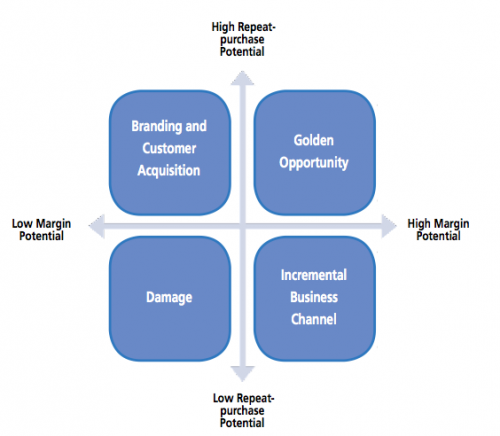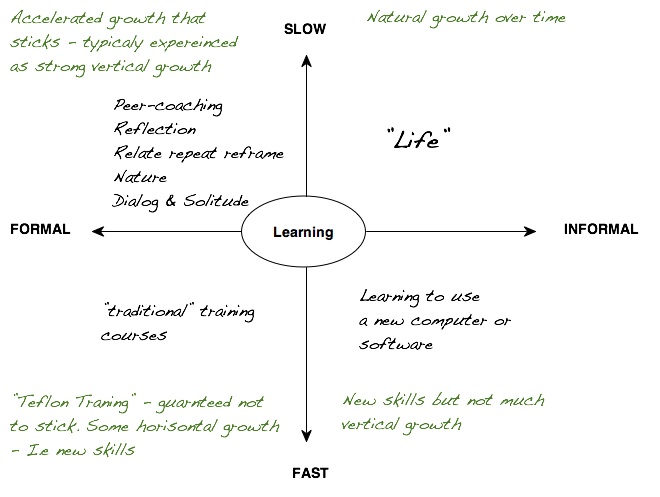Together with spa/beauty, travel /travel tourism and restaurants are the top 3 categories both in the number of deals and amount of revenue generated by flash sales.
Discounting is clearly increasingly popular. Customers love it and more and more companies are piling in to catch a bit of the action. Nonetheless Groupon and LivingSocial are still by far the 2 largest players.
But is it good business in the hospitality sector?
I think that question is the most frequently debated subject amongst industry players wherever they gather at the moment.
On the surface there are 2 fronts.
Those that are doing it and therefore have all sorts of sophisticated arguments why they consider it good business. On the other side those that are not doing it because they consider it the worst form of business ever.
What until now has been really hard to evaluate is who is right and who is wrong.
But now the Centre for Hospitality Research at Cornell University has just released a study that tries to answer exactly that question and a few more – this most useful report can be downloaded here
Key findings are:
Generally participating hotels surveyed report moderate success.
The deals do bring in new business. But as to producing repeat business this is too much less extent the case than what hoteliers hope for when arguing for using these promotions.
“One factor often cited to justify offering a flash sale pro- motion, repeat business, did not seem to operate for these respondents.”
Hoteliers who are happiest with the outcome of their deals are also the ones who have managed the total cost of the deal most assertively.
Overall the conclusion seems to be that flash deals can work for you if you are very astute in negotiating the deal with the coupon provider and you find a way to either upsell to these customers when they are there or have a surefire way to convert them into repeat customers.
This is very neatly illustrated by the authors like this
“Evaluating your property on these two dimensions allows you to better frame the value proposition offered by flash deals. If you don’t expect to be able to convert customers from flash sales deals into returning guests, you must carefully manage the margins of any deal you develop and creatively identify opportunities for cross-selling and up-selling once guests are on property. When you expect high conversions from flash sales customers to returning guests, you could justify the deal as a marketing expense. You should carefully avoid structuring any flash sales that will land you in the lower left quadrant.”
Emerging Marketing Channels in Hospitality:
A Global Study of Internet-Enabled Flash Sales and Private Sales
by Gabriele Piccoli and Chekitan S. Dev – you will find it here
Question:
What are your experiences with Flash sales – are they working/not working for you?


